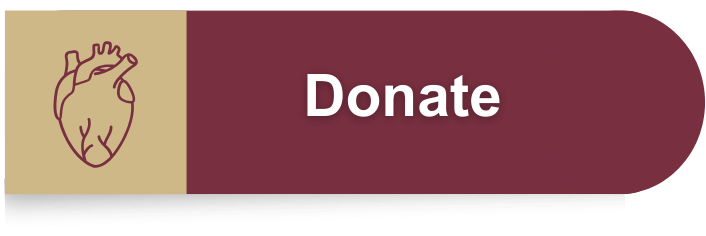Resolutions
When a new year approaches, many of us set lofty goals for the next 12 months. While ambition is important for growth, it is important to remember to meet our basic needs first.
The foundation of the pyramid below contains our basic needs (food, shelter, sleep, and security). Next, we have our psychological needs (relationships, prestige, etc). Finally, atop the pyramid is our self-fulfillment needs (creativity, vision, etc).
This framework for thinking about our hierarchy of needs was developed by Abraham Maslow in 1943. Since then, cognitive, aesthetic, and transcendence needs have been added to the top of the pyramid. While it is up for debate as to whether each individual need must be met before moving to the next set of needs, for this discussion I am focusing on the foundational physiological needs.
The ‘Basics’
I like to think about health and well-being within four general domains: rest, exercise, diet, and mental health.
To illustrate how I think about these domains, I created two levels. The goal is to stay “upstairs” through proper exercise, sleep, nutrition, and mindfulness. I included ropes to represent how we might slide down from our ideal place and ladders to represent how we can climb back “upstairs”. Click the image below to zoom in.
1. Sleep is important for mental and physical health, as well as including memory storage. Most of us need 7-9 hours of sleep per night.
2. Movement improves our cardiovascular and overall physical health, but also is important our mental well-being. The new guidelines recommend at least 150 minutes per week of moderate intensity exercise. Importantly, this year the guidelines stress that any amount of exercise is better than none and small bouts of exercise add up positively (see 60-second video from Mayo Clinic).
3. Eating a diet primarily comprised of fruits, vegetables, and whole grains is recommended by the USDA. Think about prioritizing variety and food quality. More nutrition information can be found from the Academy of Nutrition & Dietetics.
4. For mental health, a common theme is the recommendation to show self-compassion by taking a step back to relax and be mindful about how to be proactive rather than reactive. For happiness, the simple solution is to surround yourself with those who display gratitude and smile, as these things are contagious (references at the end).
Generally, these health domains complement one another in either positive or negative ways. For example, sleep loss can increase next day food consumption, whereas better diet quality is associated with better mental health and well-being. Hopefully this information helps us identify how to optimize each domain of health and build a foundation for other facets of our lives.
To close, I wanted to briefly mention the SMART principle as an effective approach for goal-setting as we think about our new years resolutions.
Goal setting
The SMART principle is an acronym for five components of goal-setting.
Specific- target a specific area for improvement
Measurable- quantify or at least suggest an indicator of progress
Assignable- specify who will do it
Realistic- state what results can realistically be achieved given available resources
Time-related- specify when the result(s) can be achieved
So, let’s go ahead and set out SMART goals for 2019 while remembering to be mindful of building a strong foundation.
“It is health that is real wealth and not pieces of gold and silver.” -Mahatma Gandhi
As always, feel free to share your thoughts, comments, and questions.
Thanks for reading.
-Joe
This piece was edited by Austin Robinson, PhD.
Curious to learn more? Check out these related resources.
Reference for pyramid image/information: McLeod, S. A. (2018, May 21). Maslow's hierarchy of needs. Retrieved from https://www.simplypsychology.org/maslow.html
The ‘Relax’ recommendations were developed by integrating ideas from many resources including discussions about mental health and well-being from Tara Parker-Pope at the New York Times, Brad Stulberg, and Dr. Peter Attia.
- While I would suggest checking out all three resources, the article in the New York Times provides excellent information and, importantly, actionable takeaways (i.e., Mind, Home, Relationships, Work & Money (the article is a 15-25 minute read depending on your pace).
Abraham H Maslow’s Religions, Values and Peak-Experiences book is on Amazon.
*Because of controversy surrounding the modernization of George Doran’s original SMART principles, I shared the original definitions above.




